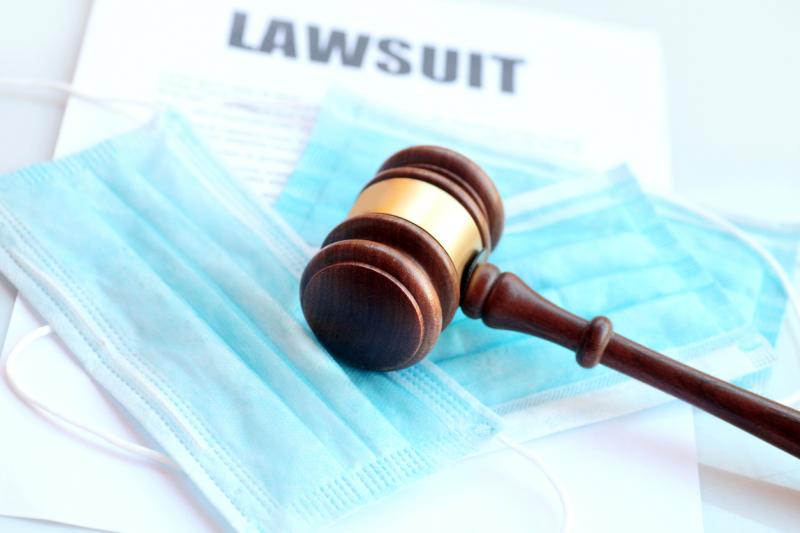Your Guide To Class Action Lawsuits: Lesser-Known FAQs

Class action lawsuits are major cases that you would have probably heard of at some point. They usually make the media, have far-reaching impacts on society and can change the fabrics of everyday lives.
And while the basics of class action lawsuits are well known to many people - and the increasing number of lawsuits currently being marshalled across Canada and the United States - many people still don’t know a lot about the nitty-gritty.
That’s why the goal of these extensive FAQs is to provide you with answers to the lesser-known questions about class action lawsuits.
Your FAQS Guide to Class Action Lawsuits
Who can join a Class Action Lawsuit?
Anyone can if they believe they have been affected by the company or organization that has wronged them. You have to be impacted either financially, mentally or physically (or all three) and have proof that it transpired to you.
From there, it’s about finding a case: Google searching class actions can give you information on the lead lawyer of the case who is leading the charge. They can provide you with details on how to join the cause.
How are Class Actions certified?
In most cases, a class action is reviewed by a judge and decided based on three prerequisites:
- Numerosity: The number of class action members affected by the defendant and involved in the lawsuit
- Commonality: Facts that link all the members together (such as consistent pain and suffering)
- Typicality: The claims made are consistent across from the lead plaintiff to the class action members

How do I start a Class Action Lawsuit?
You have to present a case that you were impacted financially, physically or mentally, by the organization and show it to your lawyer. This could be the grounds for the class action to get started.
However, class actions are difficult to get started, so you have to speak to a lawyer with experience in similar situations and cases. They can help you determine if there is nothing merit there to proceed.
If there is enough evidence for the case to commence, you will be established as the “lead” plaintiff.
What does being a Lead Plaintiff mean?
The lead plaintiff represents everyone in the class action who has suffered similar suffering and pain. They have several responsibilities on their plate, including:
- Hiring the class action lawyer
- Filing the lawsuit against the defendant (the company or organization)
- Consulting with the lawyer
- Providing evidence, including giving testimonies in court or during a deposition
- Agree to the terms of the settlement
However, there can be more than one lead plaintiff, depending on the case and situation. You should discuss your options with your lawyer before commencing the lawsuit.
Can I opt-out of a Class Action?
Yes, you can. You are not obligated to be part of or continue participating in a class action if you do not wish to. There are three main reasons why people opt out the class action:
- After reviewing the materials, you determine that you have nothing to do with the lawsuit
- There is not enough substantial evidence to help you win the case
- You believe that your chances for compensation are better if you were to pursue the case individually, as opposed to a class action
It’s best if you consult with your lawyer before making any final decisions.
Speaking about compensation, how much will I get if I win?
It ultimately depends on the settlement agreement made by the judge. It can vary from the thousands to the hundreds of thousands.
In some situations, the settlement will be distributed between the class action members, reducing everyone’s compensation amount. In others, it depends on the severity of the pain and suffering caused. The more information you provide, the better your chances.
If you win, you will be notified about how you can claim your compensation.
What happens if I lose?
You will not get any compensation if you lose the case.
The main concern, though is that if you lose the class action, you lose the right to sue the defendant individually. Essentially, you have one shot at winning the settlement.
Should I proceed with my Class Action Lawsuit?
If you believe that you have been injured in any way, and have the evidence to prove it, then you should speak to a reputable class action lawyer immediately.
Only they can determine whether or not you have a chance the proceeding with the case, as they will consider the financial and legal implications of the class action.
More to Read:
Previous Posts:










